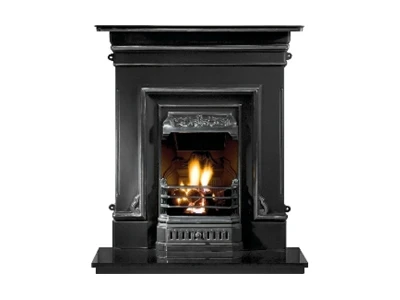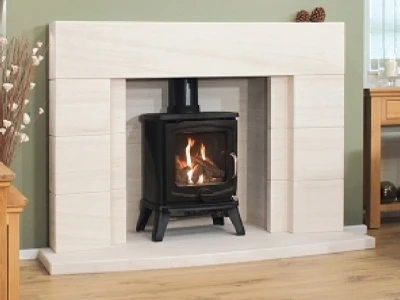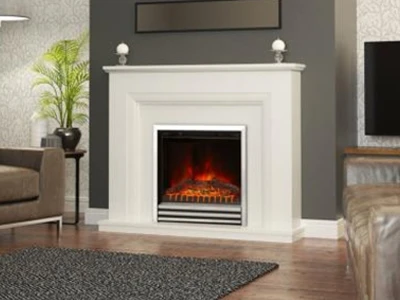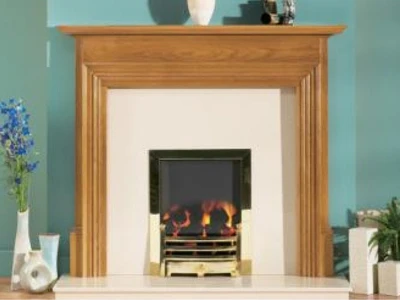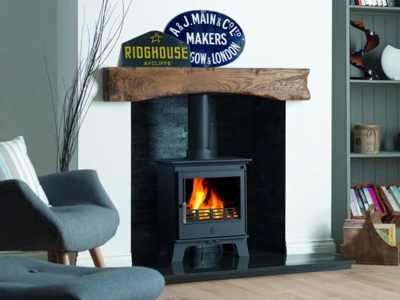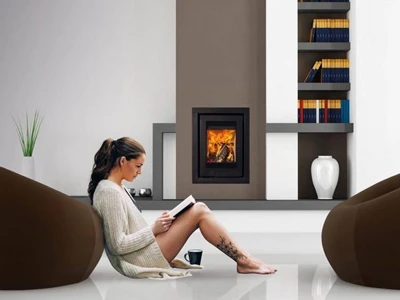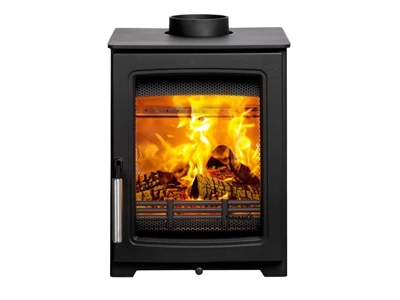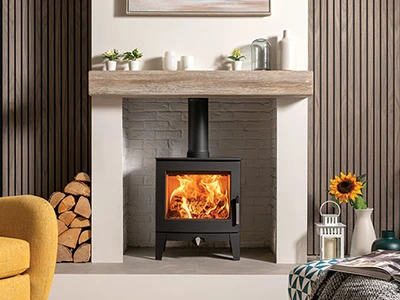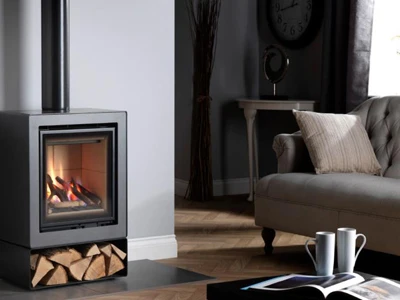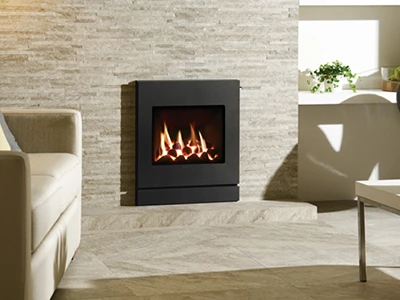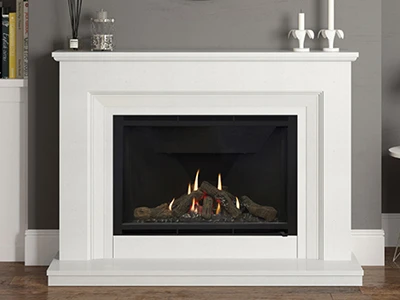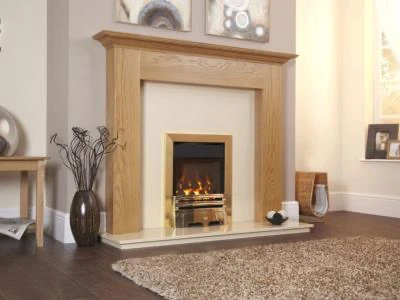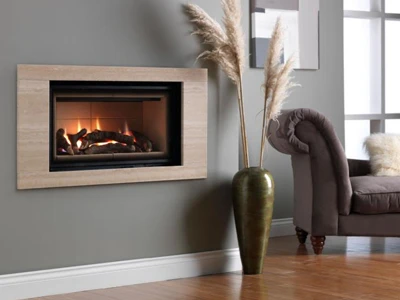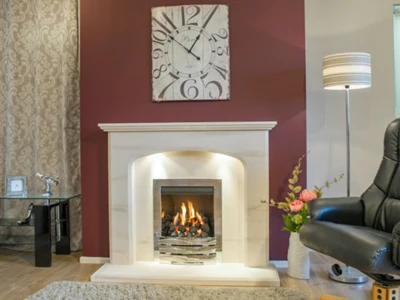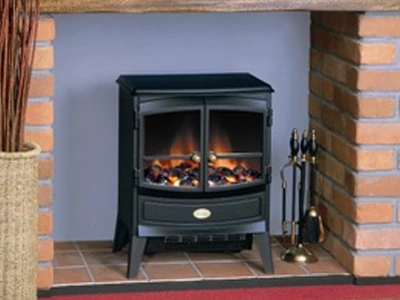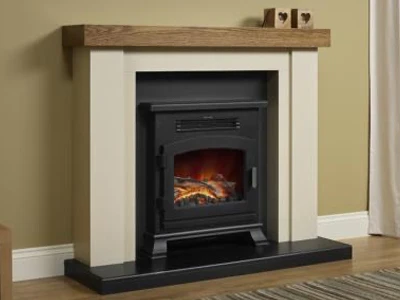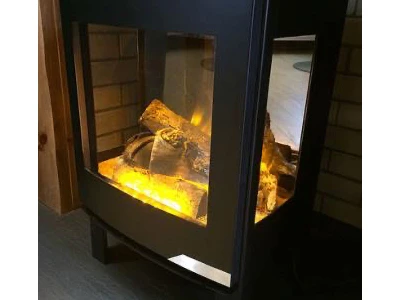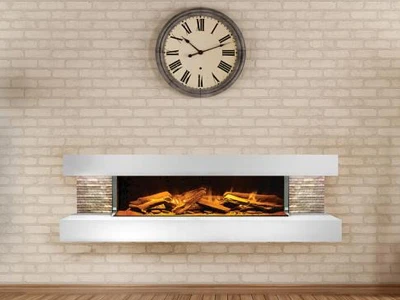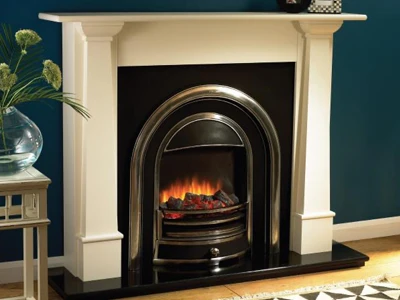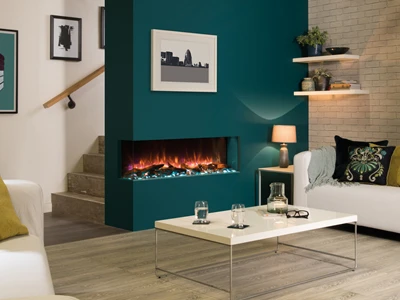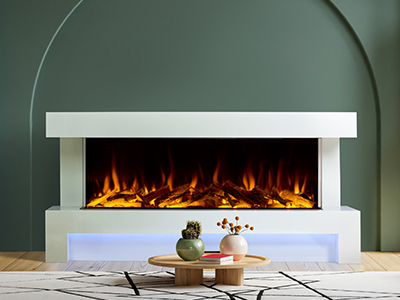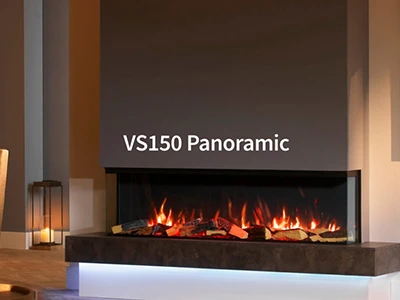
Chimney Sweeping Billericay, Essex
At Billericay Fireplaces we have been Sweeping Chimneys in Essex for the past 13 years and are proud to be a member of The Guild of Master Chimney Sweeps. You can be confident that all work will be completed safely and to the highest standards.
We are a Member of the Guild of Master Chimney Sweeps. Please click on the website address below to be redirected to their website for further information.
www.guildofmasterchimneysweeps.co.uk
www.findachimneysweep.co.uk

Prices
Chimney Sweep £85 inc vat
Gas services £110 inc vat
The Importance of Sweeping Chimneys
We all like to sit around our gas or solid fuel fires, there’s nothing quite like it, and more and more people are having wood-burners installed. If you burn seasoned timber its eco friendly and good for the planet (the carbon dioxide released during burning is the same as the tree absorbed during growing). But you have to treat all real fires with respect. We know they will burn us if we touch them so we take precautions to protect ourselves especially children and the infirm by using fireguards. Its obvious and really goes without saying.
Unfortunately because we cannot see up the chimney we tend to forget all about the condition of the flue. Sadly we have all heard recently of fatalities caused by carbon monoxide poisoning and local fire brigades report chimney fires on the increase, so why do we not take sensible precautions by having our chimneys swept and gas fires serviced regularly. Solid fuel fires as well as gas can cause carbon monoxide poisoning.
The answer is probably because we cant see up the chimney and don’t realise the importance of the chimney flue. If we could see up the flue and see the problems, we would take sensible precautions to protect our family and have the chimney swept by a competent chimney sweep.
Chimney flues when used with gas fires can easily get blocked by birds nests and even cobwebs, causing carbon monoxide poisoning.
Chimneys used with solid fuel fires will definitely suffer from soot build up and maybe creosote build ups, if the soot and creosote is not removed from your chimney by a chimney sweep the chances are you will have a chimney fire. This can be very scary usually involving calling out the fire brigade. The Fire Brigade in some areas are now charging up to £2000 for being called to a Chimney Fire. Your home will be left in a mess and your insurance may not want to pay out without proof of your chimney being swept by a competent chimney sweep. Why take chances! Protect your family and have your chimney swept.
Closed Appliances (stoves/woodburners)
Generally, seasoned wood is seen as the most environmentally-friendly fuel and therefore the one that is the most widely-reccommended. However, it’s important to use only dry wood, which should contain 20% moisture or less.
Logs should not be too large – 5 inches wide (125mm) will give the best result. Using large logs to make the fire last longer will usually result in a lower burning temperature, more wasted fuel and more pollution.
If you are buying for immediate use then look out for the ‘Ready to Burn’ logo for reassurance that the logs you are purchasing are dry enough to be ready to burn.
Open Fires
Open fires burn fuel at a much lower temperature than a well operated stove. If burning wood, open fire users will get the best results from using dry logs which are not too large and burning them on a properly fitted open fire (not just a recess in the wall).
There is a specific problem with the types of fuels burned on open fires in Smoke Control Areas – (smokeless zones). This means that wood or normal “house coal” must not be burned on an open fire. They may only be burned on a stove that has been exempted for use in a Smoke Control Area.
Storing / drying your wood
Stack logs so the air can get at them. If you cut and split them yourself try to do this when the wood is fresh cut as it is much easier on you and your tools. Once split, you have greatly increased the surface area of each piece and it will dry much faster. Logs need to be properly stacked, not heaped in a pile. A well ventilated log store with open sides and a roof on it is the best situation. You should easily be able to achieve moisture content of 20% or less in 6 to 12 months if your logs are the right size and properly stored. Beware of the word seasoned, it means nothing in reality. The only important consideration is the moisture content.
A moisture meter is a very useful tool. To test the moisture content of any log, split it first and then test the split surface.
www.burnright.co.uk
Real fireplaces are now incredibly popular in the UK. Many of us enjoy the appeal and comfort of a woodburning stove or open fire, and for some people it has once again become an important part of home heating.
But if you don’t know how to use your fire correctly, you could not only be wasting money, but damaging your appliance, your chimney and polluting the environment.
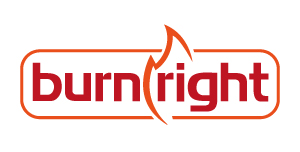
Fire Safety Advice
Click on the Link below to see more information and advice from your local Fire Service:
Essex County Fire & Rescue Service – Chimney Fires
We can supply all these services by our experienced staff, our chimney sweep has been sweeping chimneys in the Essex area for many years and is also Hetas and Gas Safe Registered, so we can do the whole job, be it gas or solid fuel.
Our Chimney Sweep uses the latest equipment, brushes and vacuum.
We sheet up properly, our vacuums are equipped with filters that work down to at least 0.5 microns as standard. We have added a special main filter bag that will bring filtration down to less than this. We are experts on all types of fires, solid fuel or gas and are often called upon to answer questions as to why chimneys do not work.
Our Chimney Sweep service is available to all and not just our existing customers.
What to do if you have a chimney fire
Get everyone out of the house
Call the Fire Brigade 999
If its safe to do so:
Shut doors on wood-burners and shut off air intakes
Close all doors as you leave the house
Once outside inform neighbours of the fire
Be Carbon Monoxide Aware
Carbon Monoxide is a highly poisonous gas that has no colour, taste or smell and can be produced by appliances that use gas, wood, oil or coal. Carbon Monoxide can also be present in smoke from solid fuel or oil appliances.
Carbon Monoxide is potentially fatal and even low-levels of the poison can cause lasting damage to your health.
COCAA: Who are we
COCAA stands for the Carbon Monoxide Consumer Awareness Alliance, and it is a group made up of organisations that all have an interest in ensuring the public is aware of the dangers of Carbon Monoxide poisoning and how to keep themselves safe from this poisonous gas.
COCAA is currently funded and provided with secretariat support by The Gas Safety Trust (formerly The CORGI Trust). It is a totally independent association of supportive member’s.
Chimney Sweep FAQs
Recommended Sweeping frequency:
Smokeless coals: At least once a year
Wood: 2/3 times a year
Bitumous coal:Twice a year
Oil: Once a year
Gas: Once a year
Why to I need to have my Chimney Swept?
Chimneys need to allow free passage of dangerous combustion gasses. Regular cleaning will remove soot and creosote, helping prevent dangerous chimney fires. Cleaning will increase the efficiency of some appliances. Bird nests, cobwebs and other blockages will be removed.
How often does my Chimney need sweeping?
The sweeping frequencies below are for guidance. Frequency will depend on a number of factors including: Type of fuel, appliance used, duration of use, moisture content of wood fuel, type of chimney. We will be able to advise on sweeping frequency during the visit. Smokeless fuel: At least once a year Wood: Quarterly when in use Bituminous coal: Quarterly when in use Oil: Once a year Gas: Once a year
Why should I use a guild registered chimeny sweep?
Guild sweeps undertake an extensive training and assessment process. Training is based around the most comprehensive training manual in the UK. Guild membership requires members to be insured and equipped to deal with all standard job situations. Because the Guild is owned equally by all its members it can act like a co-operative, sharing information and solving customer problems. In the unlikely event your Guild sweep is unable help you, they should be able to recommend someone who can.
Does it make a mess?
This is a very good question to ask when booking any sweep. The answer should be – very rarely. Guild sweeps are able to draw on the collective knowledge of the whole organisation and have a number of best practice techniques for preventing dust escapes. A rare exception may be when the chimney is blocked with a bird’s nest or when it is sometimes difficult to contain all dust.
What should I do to prepare for the sweep’s visit?
Ask this question when booking. In general we will need a clear passage to the chimney and adequate space to work in. Clear ornaments from the hearth and perhaps from the mantelpiece. In particular, clear the grate of any fuel / ash / rubbish as cleaning up before they start is a pet hate of most sweeps. Please do not use the Stove the night before.
Do I need to have my gas/ oil flues swept?
Yes. Although burning these fuels does not normally deposit soot there are numerous other problems which can affect chimney function and sweeping can solve or identify these. In countries such as Germany, where sweeping all chimneys and flues is a legal requirement, the number of carbon monoxide poisonings and chimney fires are a fraction of the UK.
Why do I need to see the brush out the top of the chimney?
To demonstrate to you that the flue has been swept throughout its length, and that the sweep has done his work properly.
How much does it cost to have my chimney swept?
How long is a piece of string? Seriously though, there are different types of appliance or chimney and the cost will vary. Some jobs may take longer to complete properly so expect to pay more if extra time is necessary. If you are comparing prices of different sweeps try to make sure you are comparing like for like. Cost may also vary in different parts of the country. Guild sweeps can often supply expert advice on fuels and how to get the best out of your stove or fire. This advice alone could save you more than the cost of a sweep over the course of a burning season.
I have a problem with my fireplace/stove/chimney.
In the UK there is a general lack of knowledge concerning all aspects of solid fuels, solid fuel appliances and their associated chimneys. Problems are therefore not uncommon and it can be difficult to get qualified, independent advice. Guild sweeps are trained to high standards and are usually conversant with the complexities of solid fuel heating and venting systems and the associated building regulations.
I’ve just moved house, do I need to have my chimney cleaned?
Yes! A chimney fire isn’t the kind of housewarming you want.
What is the best fuel to use?
For certain appliances, there is a recommended fuel, and this is the one you should use. In appliances where there are no such requirements, there are several things that need to be taken into consideration. As a general fuel we recommend wood. It is clean, gives good heat and is carbon neutral. However, at the end of the day, some people don’t get on with wood and find coal suits them better. If you are looking at coal, find your local approved coal merchant who will have the expert knowledge to guide you.
Why do I need to sweep a chimney before it is closed off?
If a chimney is closed off, it can get a bit damp. If there is and soot up there, then this soot can turn to a black acidic slurry that in an old chimney can soak into the internal walls causing severe problems. If bad enough this damp can penetrate through to the room where it will cause unpleasant stains on the walls.
Why are there smoke marks just above the fireplace?
Do not use the fire!
This is because smoke is leaking back into the room; call us 01268 531055 and seek advice. It could be potentially very dangerous and could lead to Carbon Monoxide Posioning.
A bird has come down my chimney, how do I stop this from happening again?
Call us 01268 531055 we will be able to advise you on a suitable terminal/guard for your chimney.

